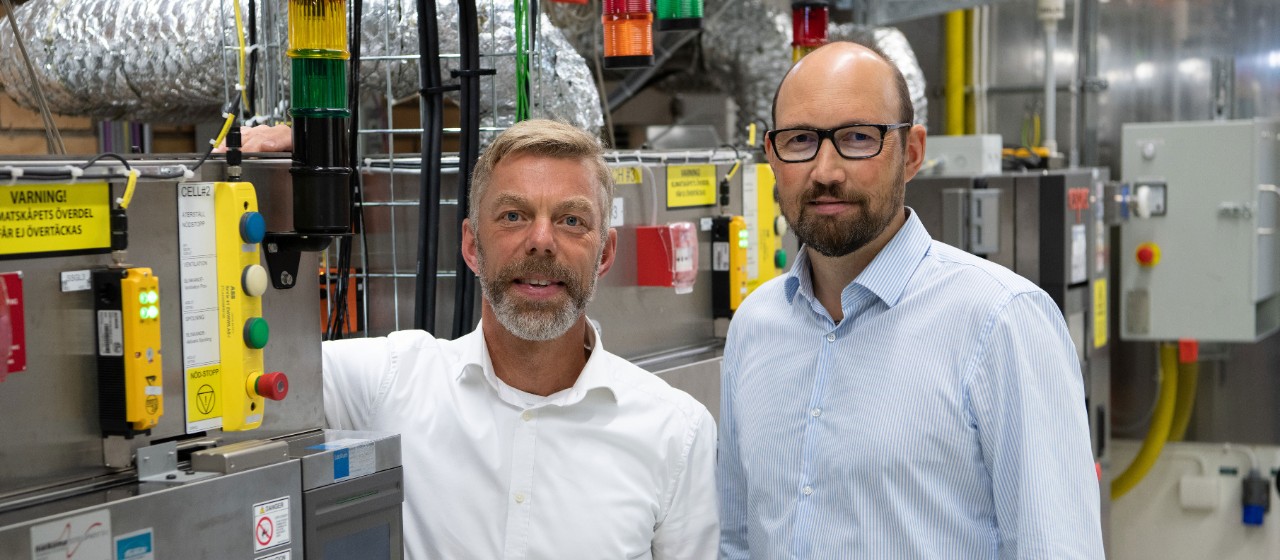
Scania researches better batteries
2 OCTOBER 2020
With the rapid expansion of electric vehicles, optimising batteries is more important than ever. In an early research project, Scania and its partner universities are studying the prospects for managing each and every cell in battery packs.
“A fully electric truck might have battery packs of up to 20,000 cells,” says Senior Researcher Pontus Svens at Scania R&D. “The problem is that the performance of entire pack is limited by the performance of the weakest cells.”
Underutilisation of battery capacity leads to unnecessary cost, weight and use of space. Unduly straining battery packs, on the other hand, adversely shortens lifespan.
At present, the battery packs usually need to be replaced when the weakest cell has degraded to 70–80 percent of its original capacity. However, capacity can vary greatly among cells and while some retain health, others degenerate quicker.
By connecting to a transistor chip in each individual cell, the entire system can be optimised. “Weaker cells can be compensated by the performance of their stronger siblings – deliberately or inadvertently – and we could even afford to have a surplus of cells and rest some of them for periods of time to optimally extend the lifespan of the entire pack.”
Individual control and governance would also pave the way for partial battery pack renewal or remedial action, replacing cells of different age and states of degradation.
“In short, we could obtain greater flexibility, lower cost and better capacity utilisation,” says Per Wallentin, Senior Technical Advisor, Scania R&D.
The project is partially funded by the Swedish Foundation for Strategic Environmental Research with Scania, SEM, Linköping University and Chalmers University of Technology as partners.